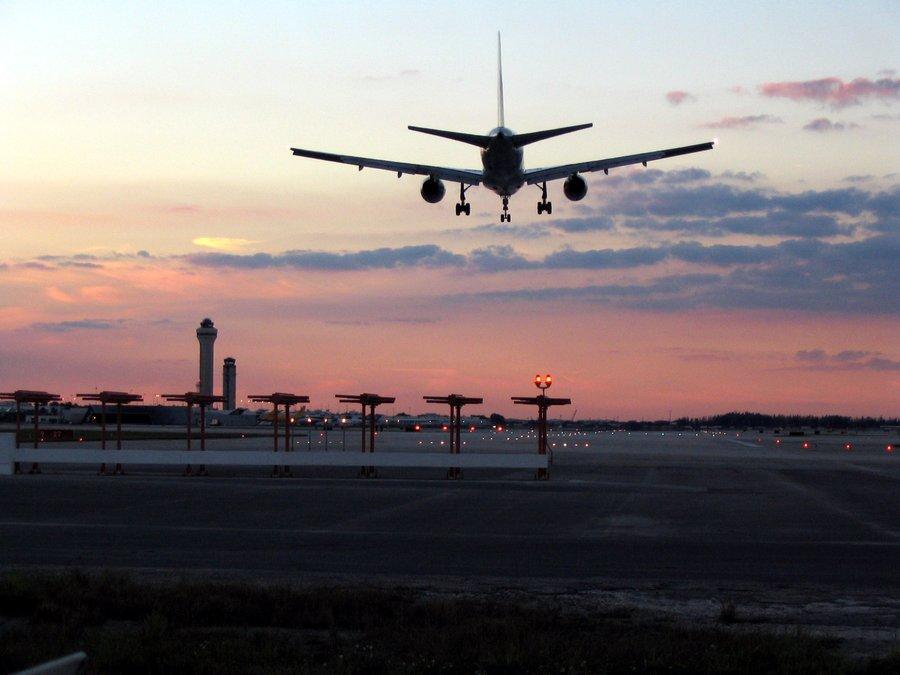OP-ED: U.S. DOT’s ‘Unfair Or Deceptive Practices’ Rule Is Fair And Transparent

In 2020, the U.S. Transportation Department (DOT) issued a rule clarifying how it interprets its statutory authority to prohibit airlines from engaging in “unfair or deceptive practices.”
This rule was long overdue: for decades, DOT has relied on this congressional mandate as its fundamental authority for regulating airlines and ticket agents, but never formally adopted standards for interpreting the terms “unfair” and “deceptive.” In practice, DOT often used shifting standards when applying this authority—an approach that sometimes even deprived consumers of the benefits of airline competition in making innovative travel offers. Clarification and consistency were sorely needed.
Some have criticized the rule as a gift to the airlines, arguing that the rule will make it more difficult for DOT to hold airlines accountable if they engage in unfair or deceptive practices that harm consumers. DOT’s critics have even argued that Congress should intervene to block the rule, even though the rule is already in effect. They are lobbying Congress using arguments that mischaracterize the rule and its purpose. Congress should resist these demands to intervene. This rule was not a “midnight rulemaking.” On the contrary, it is the product of a multi-year, deliberative regulatory review and rulemaking proceeding during which DOT provided multiple opportunities for public comment by all interested parties.
Criticisms of the DOT rule are meritless, for many reasons.
First, DOT has explained that the rule has a limited purpose: to clarify and formally adopt a consistent interpretation of its “unfair or deceptive practices” authority. DOT emphasized that the rule will provide greater transparency in its rulemaking and enforcement proceedings.
Second, the rule has no effect on any of the extensive consumer protection regulations DOT has adopted over the years. These include a substantial body of airline passenger protections rules that DOT implemented during the Obama administration, which remain in effect today. The rule also has no effect on DOT’s implementation of any new regulations that Congress may direct DOT to adopt.
Third, DOT modeled the rule on longstanding Federal Trade Commission (FTC) standards for interpreting and applying the statutory term “unfair or deceptive practices.” The standards DOT has adopted reflect decades of FTC practice to protect consumers across our entire economy. Thus, the DOT rule merely serves to ensure that the same legal standards apply to airlines.
Fourth, the rule includes what DOT describes as a “comprehensive update” of its rulemaking and enforcement procedures. This includes new public consultation and hearing procedures for future DOT rulemakings. These new procedures will afford all interested parties enhanced opportunities to present evidence and be consulted when DOT proposes new regulations. Critics have charged that these procedural enhancements somehow will enable airlines to obstruct DOT’s adoption of future regulations that airlines dislike, but these due process rights and protections apply to all parties, not just airlines. Moreover, the new rule authorizes DOT’s General Counsel to deny a request for a hearing or additional process in order to prevent a party from obstructing or unreasonably delaying a DOT rulemaking.
Finally, DOT, far from simply adopting a rule written by and for the airlines, actually rejected numerous specific airline proposals in the rulemaking. The result is a well-balanced rule that provides greater clarity and transparency for all stakeholders.
Critics of the DOT rule seem to assume that because airlines supported DOT’s action, the rule is suspect, an anti-consumer wolf in sheep’s clothing. Those critics, however, have never explained how greater clarity, transparency and enhanced due process in DOT rulemaking and enforcement proceedings would harm consumers. In fact, the opposite is true: all parties will benefit from this thoughtful and well-reasoned rule. DOT has acted as neither a wolf nor a sheep, but a wise owl.
—David Heffernan is a member of Washington, DC-based law firm Cozen O’Connor; he co-chairs the firm’s Aviation Law Practice. He served as outside counsel to Airlines for America regarding DOT’s “unfair or deceptive practices” rulemaking. Robert Kneisley was an attorney for Southwest Airlines for 22 years, most recently Associate General Counsel and Senior Legal Advisor. He currently provides consulting services under Robert Kneisley LLC.




